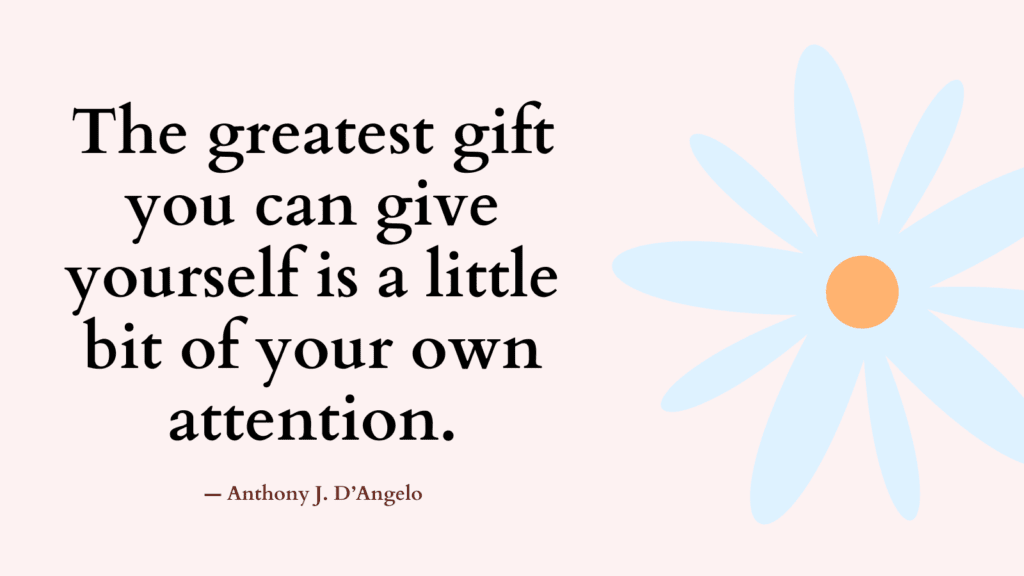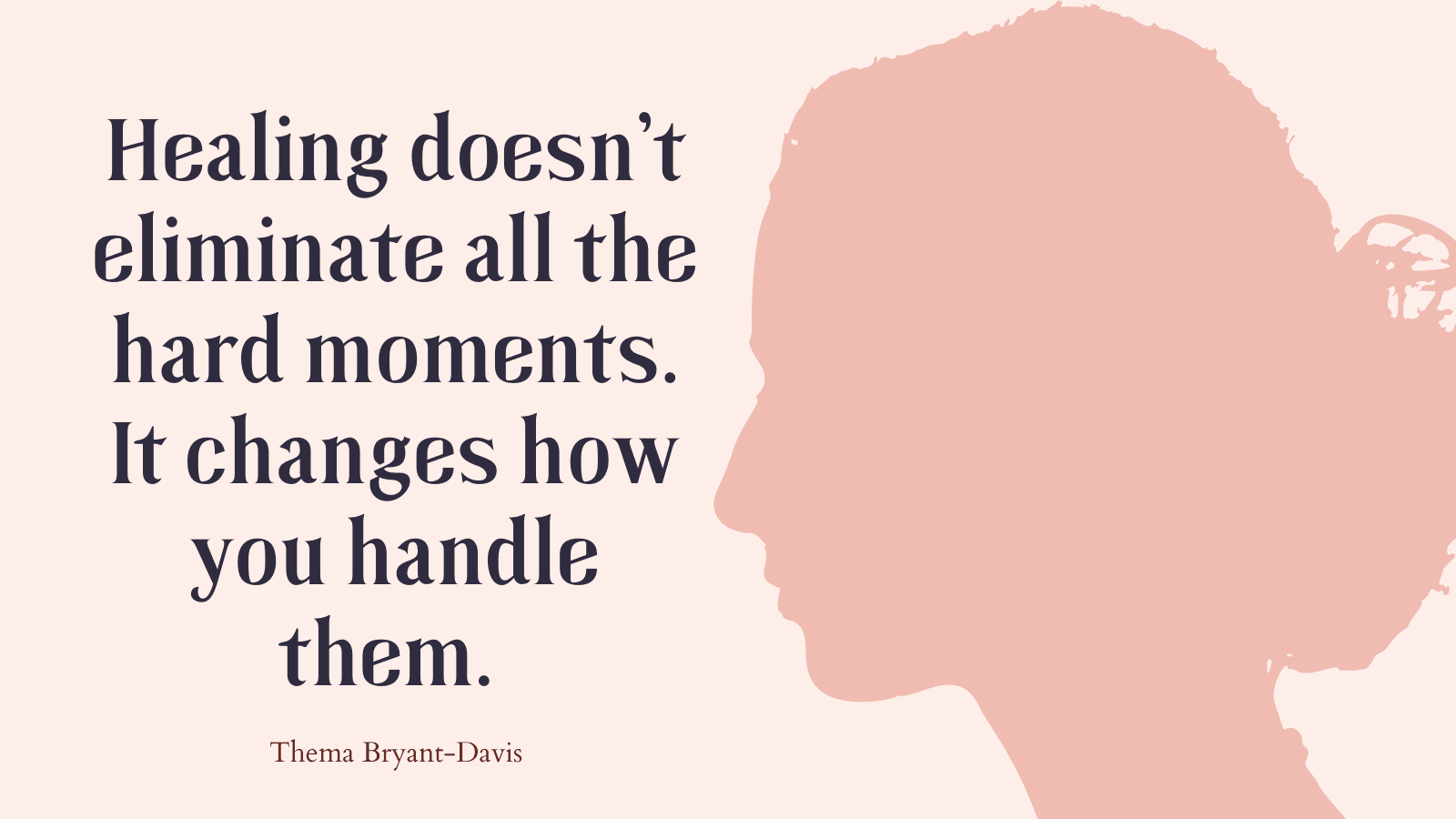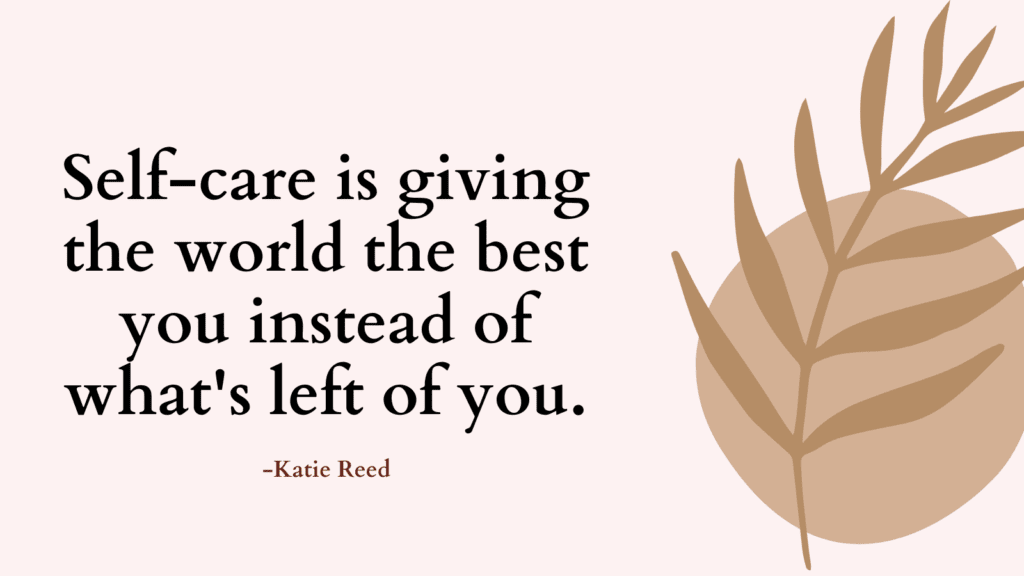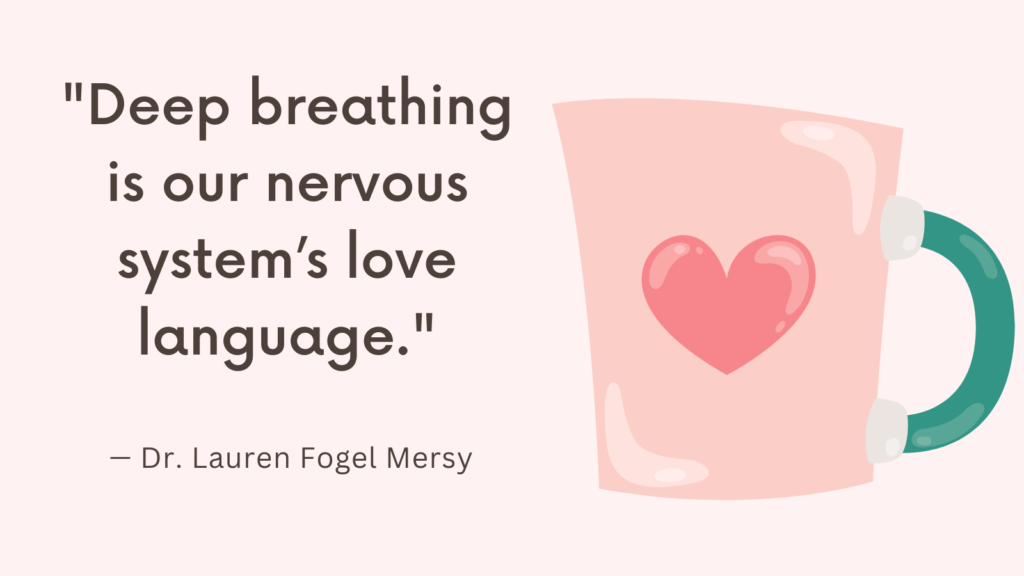This post contains “Impulsivity Test” along with helpful tips to manage impulsivity.
What Is Impulsivity?
Impulsivity is the tendency to act quickly without thinking about the consequences of that action.
Impulsive people often seek thrills and crave excitement.
Often, impulsive people have a hard time delaying gratification and stopping themselves from doing things.
Related: Am I Self-Destructive Quiz
Impulsivity Test: Am I Impulsive?
The following questions represent common signs of impulsivity:
Results
#1. Do you often act on the spur of the moment without really thinking things through?
#2. Do you have a hard time delaying gratification (waiting for things you want)?
#3. Do you crave excitement or seek new activities?
#4. Do you feel the need for a lot of stimulation?
#5. Do you find it difficult to stop yourself from doing things that you know will get you in trouble or have negative consequences?
We will not sell your information. All results are kept confidential.
This quiz is for informational purposes only. It is not meant as a diagnostic or assessment tool.
Results
The questions above represent common signs of impulsivity. If you answered yes to most of these questions, then impulsivity may be a problem for you.
Related: Addiction To Self Harm: Top 5 Steps To Overcome It
Causes of Impulsivity
Impulsivity can be caused by a variety of factors, including:
1. Brain chemistry: An imbalance of certain brain chemicals, such as serotonin and dopamine, can lead to impulsivity. (source)
2. Genetics: Impulsivity may also have a genetic component, as studies have shown that the trait can be passed down through generations. (source)
3. Trauma: Traumatic experiences can lead to impulsivity, as individuals may act impulsively to cope with their emotional pain. (source)
4. Attention-deficit/hyperactivity disorder (ADHD): ADHD is a disorder characterized by impulsivity, hyperactivity, and inattention. (source)
5. Substance abuse: The use of drugs and alcohol can impair judgment and increase impulsivity. (source)
6. Personality disorders: Certain personality disorders, such as borderline personality disorder, are associated with impulsivity. (source)
7. Environmental factors: Environmental factors, such as parenting style and peer pressure, can also contribute to impulsivity. (source)
5 Tips to Manage Impulsivity
#1. Practice Mindfulness
Mindfulness is the act of bringing your attention to the present moment and observing what is happening around and within you, without judgment.
Mindfulness can be the antidote to impulsiveness because it creates enough space for you to become aware of your experience and decide what to do next.
Mindfulness is a skill that you can practice on regular basis and not just when you’re experiencing urges.
#2. Check-in With Yourself
When you sense the first warning signs of impulsivity (e.g. restlessness, fogginess, pounding heart, shakiness, rashes, chills, heat sensations, etc.), ask yourself:
- What am I feeling right now?
- What do I feel like doing?
- What do I need to do to stop the impulsive behavior.
You may consider stepping away from the situation that’s triggering your impulsivity and coming back later once your urges have subsided and you’re able to think clearly.
Related: Top 21 Emotional Writing Prompts To Process Emotions
#3. Use Supportive, Compassionate Voice
Use compassionate self-talk to encourage and support yourself through difficult times.
If you’re feeling impatient, you may tell yourself something like, “I know waiting is difficult for you, but I also know that you can handle this.”
Related: How To Be Gentle With Yourself? Top 5 Ways To Practice Self-Compassion
#4. Make It Difficult to Act Impulsively
Keep a log of when you typically act impulsively and take action to make it harder to act impulsively in those instances.
For example, if you tend to overspend, try leaving credit cards at home.
Related: How To Stop Bad Habits And Addictions?
#5. Practice Relaxation Exercises
Impulsivity increases when we’re stressed.
Relaxation exercises, such as deep breathing and visualization can help you relax and increase your impulse control.
Exercising can also be a great way to release tension.
Deep Breathing
When we’re anxious, we tend to take short, shallow breaths into our chests. To relieve tension, you need the take bigger breaths, all the way into your belly.
1. Get in a comfortable position. Lie on your back with a pillow under your head and knees. Or you can sit in a chair with your shoulders supported against the back of the chair. Place one hand on your belly and the other hand on your chest.
2. Breathe in through your nose and let your belly fill with air. Feel your belly rise.
Make sure the hand on your belly moves more than the one that’s on your chest.
3. Breathe out through your nose. Feel your belly lower.
Take three more deep breaths.

References
- Impulsivity: A Predisposition Toward Risky Behaviors – PMC (nih.gov)
- Impulsive Behavior: When Is It an Issue? (webmd.com)
- Impulsivity – an overview | ScienceDirect Topics
- Impulsivity: Definition, Symptoms, Traits, Causes, Treatment (verywellmind.com)








